
Nivolumab may cut the risk of death or recurrent cancer by more than half, according to phase 3 trial results.

Nivolumab may cut the risk of death or recurrent cancer by more than half, according to phase 3 trial results.

CAR T cells may have the ability to be engineered and remain consistently functional, leading to more effective cancer treatment.

Sonidegib binds to and inhibits a transmembrane protein to disrupt hedgehog pathway signal transduction and leading to antitumor activity in patients with locally advanced basal cell carcinoma.

Pharmacist involvement in identifying causes and treatment approaches is essential, as BCC can be a result of prior radiation therapy.

Immune function has been found to play a significant role in multiple myeloma.

Specialty pharmacy reports case of alirocumab prescription with mg incorrectly typed instead of mL.

The agent is representative of a new class of drug, ImmTAC.

A researcher suggests that novel immune modulating cancer therapies like cancer vaccines can be more effective and safer alternative to previous cancer immunotherapies.
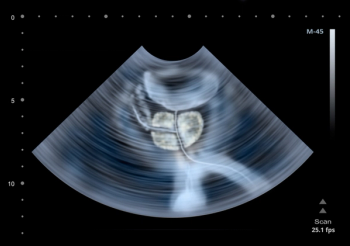
The FDA-approved, targeted radiopharmaceutical agent can contribute to a patient’s cumulative radiation exposure.

Further, the survey showed that fewer than half of women would flag redness of the breast, thickening of the skin, or 1 breast feeling warmer and heavier than the other as possible symptoms.

Rami Elghandour, chairman and CEO of Arcellx, discussed the company’s investigative CAR-modified T-cell therapy.

Presenters at the AMCP Nexus conference explore outcomes data and whether these medications should be substituted for reference products more frequently.
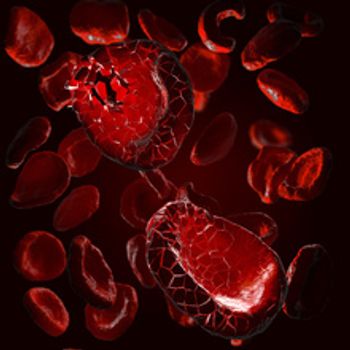
Research indicates quadruplet regimens may be a viable option for this disease.

The study will evaluate the safety, tolerability, and efficacy of the in combination in patients both with and without prior exposure to a KRASG12C inhibitor.

Jeremy Graff, chief scientific officer at IMV, discusses why the development of viable cancer vaccines is a bit more slow-going in comparison to the fast-paced development of COVID-19 vaccines during the pandemic.
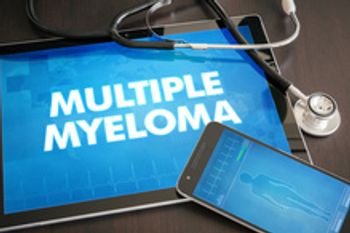
Opportunities for further optimization of CML management remain.
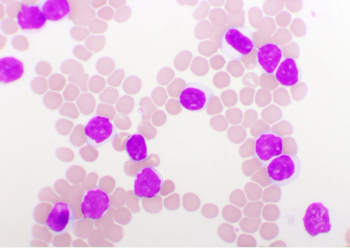
Zanubrutinib (Brukinsa) is a small molecule Bruton’s tyrosine kinase inhibitor under evaluation as a monotherapy and in combination with other treatments for various B-cell malignancies.

Heidi D. Finnes, PharmD, BCOP, FHOPA, president of HOPA discusses some key recommendations to women interested in pursuing leadership roles in oncology pharmacy.

Eliminating paper prescriptions allows for greater legibility, security, trackability for pharmacists and providers.
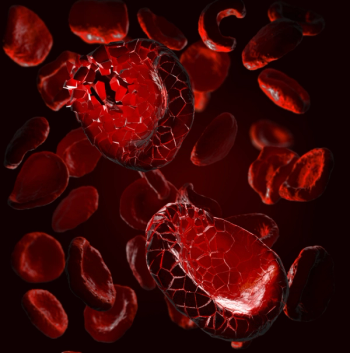
Omidubicel is a stem cell-based product that utilizes nicotinamide to inhibit differentiation and to increase the migration, bone marrow homing, and engraftment efficiency of hematopoietic progenitor cells.
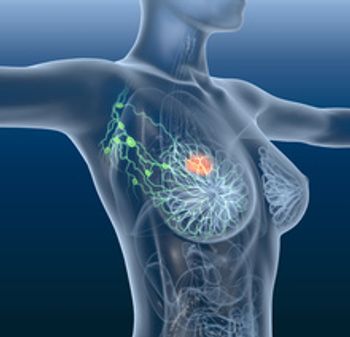
New agents can offer a more tailored approach to therapy selection.

Selpercatinib is an oral selective RET kinase inhibitor approved for the treatment of metastatic RET fusion-positive non-small cell lung cancer and for metastatic thyroid cancer.

In a trial, sacituzumab govitecan-hziy demonstrated a 34% reduction in the risk of disease progression or death compared with physician’s choice chemotherapy.

Rucaparib is the only PARP inhibitor demonstrated to have better outcomes than a docetaxel-containing control arm, according to researchers.

For patients facing end-of-life care, psychedelic medicines may offer a chance to feel connected with themselves and others during such a difficult time.
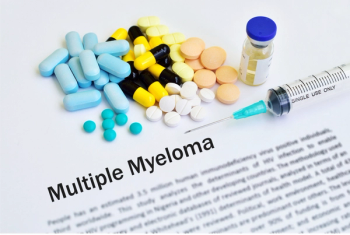
Researchers identified a new immunotherapeutic target that may be effectively treated with CAR T-cell therapy in patients with pretreated multiple myeloma.

Results from the largest head-to-head trial of programmed death receptor-1 inhibitors suggest that dostarlimab and chemotherapy could be an effective treatment option for patients with metastatic non-squamous non-small cell lung cancer.

Higher C-reactive protein levels have been linked to cognition problems among older breast cancer survivors.
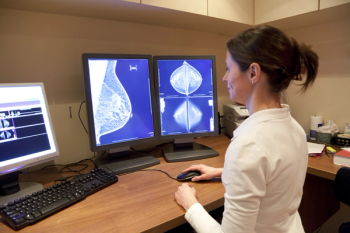
Two Houston Methodist cancer researchers were granted a quarter-million dollars each to study some of the most lethal forms cancer, including triple-negative breast cancer and multiple myeloma.

Yvonne Chen, PhD, discusses some of the strategies that researchers are using to improve T-cell effectiveness and overcome immunosuppression in CAR T-cell therapy.